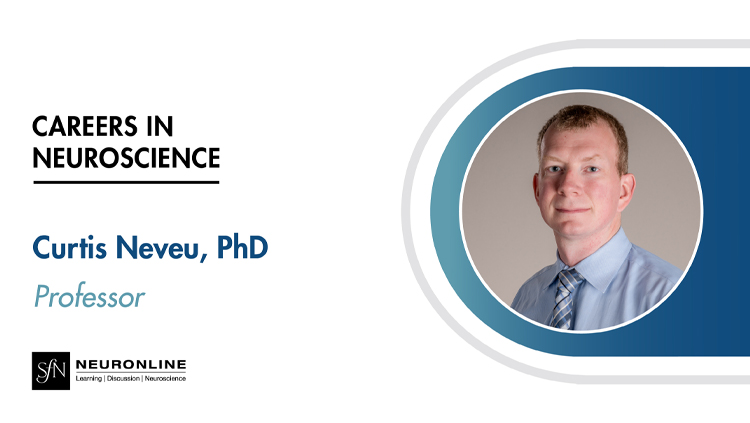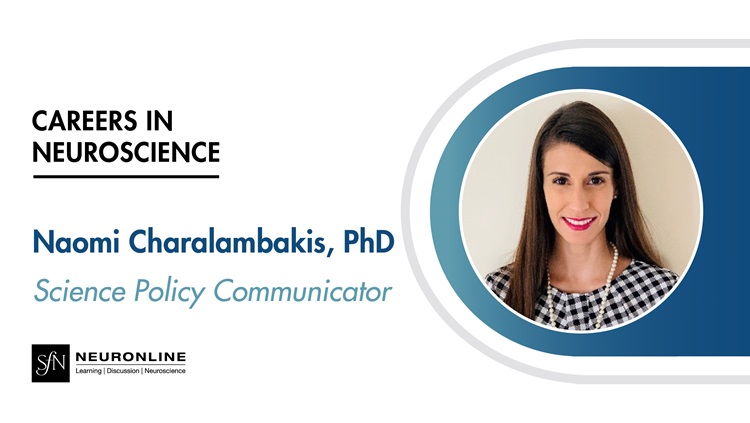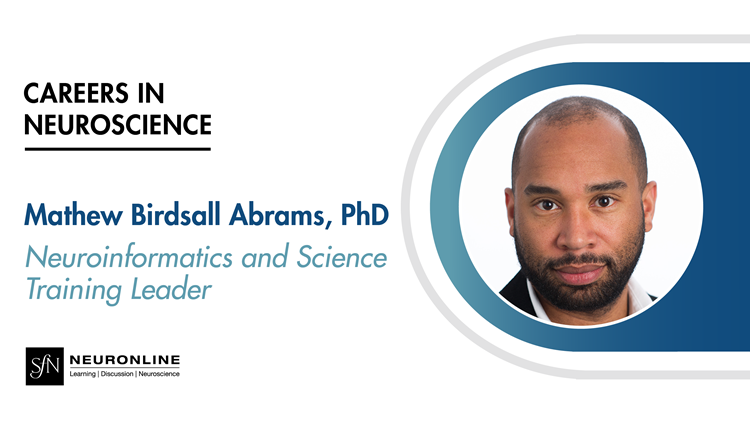In this installment of the Careers in Neuroscience series, meet Hugo Sánchez-Castillo, PhD, a researcher and professor at National Autonomous University of Mexico (UNAM). Read on to learn about what drove his passion for science, how he incorporates his diverse background as a researcher and professor, and the importance of curiosity in science.
What initially drew you to neuroscience? How did you discover your particular interest within the field?
When I was a kid, I wondered why some substances could transform people, shy to social, passive to aggressive. One day, I remember that my grandfather told me that all that was inside people's heads. From that moment on, I knew that my path would be in science.
What resources, experiences, or conversations helped you clarify your direction?
When I was a psychology student in my first semester, one teacher allowed me to do one simple experiment to find where motor learning occurred in animals trained in motor tasks. I have to confess that the experiment didn't go well, but I remember how the teacher encouraged me to find the explanation and to see the causes. I remember clearly that in the first surgery with the experimental subjects, my body experienced some rush. I felt the excitement, the emotion, and the pleasure of using methods to find answers. That was a huge moment in my life because I decided to follow science no matter what.
Describe your current role. What are the most common skills you use on a weekly basis? Is your role "typical" to the industry?
My primary role is teaching and research. This mix is sometimes complicated because I need the skills to share knowledge with my students, but at the same time I need the space, tools, and resources to do experiments. On a weekly basis (or every day), I practice patience and the ability to hear and observe.
What educational background and training are required for your role? What other types of experiences are helpful to have?
I do cognitive neuroscience and behavioral pharmacology. This approach needs the cognitive and behavioral tools that psychology gave me. Pharmacology is another field that is very important, because I pursue how drugs affect the behavior of the subjects. Finally, I have knowledge in molecular and cellular biology to understand how the brain reacts and adapts to everyday conditions, in health and disease.
What factors should someone consider when deciding between a research-intensive vs. teaching-focused academic career?
I believe that sometimes academia has been relegated to one simple task far away from research. However, science is not only experimentation, but also a search for answers, causality, and to satisfy our curiosity. Because of that, pure academia has the same responsibility in science, to increase and show our understanding of the world. In that matter, I believe that one should consider their communication skills, passion for the understanding of the brain, and finally, not believe that one is better than the other.
How did you approach mentors for career advice? What strategies helped you build a professional network?
I believe that the first step is to accept that we need advice. We don't have all the answers, and we need others to get a better understanding of nature. If we are clear on that, the construction of a network will be with people with shared goals, different backgrounds, and with new ideas.
If you were a hiring manager, what experiences or skills would stand out to you on a resume for a role in your field?
The involvement in science, communication skills, and curiosity.
What advice would you give to students or early-career professionals interested in this path? Are there opportunities for people to find jobs in your industry with a variety of degrees (bachelor's, master's, PhD)?
My first recommendation would be that if you are interested in science, you need to have a solid background and be involved in experiments, seminars, discussions, and meetings. Science needs involvement from different backgrounds and degrees. Science goes from the behavioral recording to writing of papers, passing through drug administration, recording in the brain, collecting data, doing graphs, etc. That means that science has room for every degree and field in the world!










